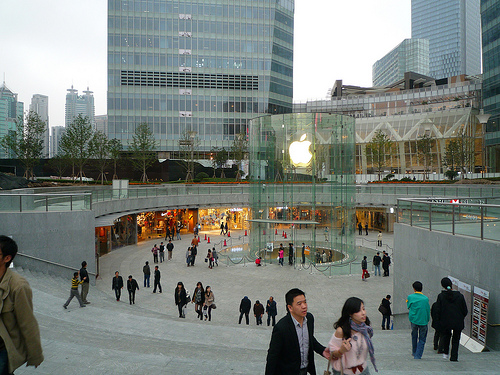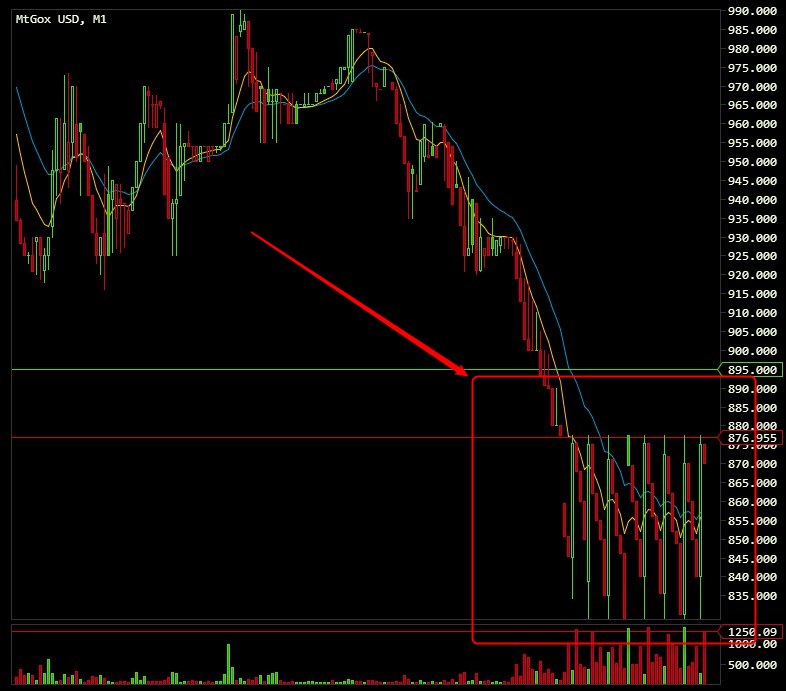
Deposed president alleged to have helped Palestinian Islamists murder Egyptian police during 2011 overthrow of Hosni Mubarak
The overthrown Egyptian president, Mohamed Morsi, is under investigation for conspiring with Hamas during Egypt's 2011 revolution, state media reported on Friday, in the first official update on his status since he was forced from office and detained by the Egyptian army on 3 July.
After the announcement, Morsi was moved from a secret military facility to Cairo's Tora prison, where his predecessor, Hosni Mubarak, is also being held.
The news heightened tensions on a day when supporters of Egypt's two main factions formed rival mass protests across the country in what was billed as a showdown between people backing the army and Morsi's Muslim Brotherhood. By the evening, nine people had been killed, most in Alexandria, and at least 200 injured in clashes in five cities, according to the MENA state news agency.
Morsi is under investigation for colluding with the Palestinian Islamist group Hamas, an offshoot of the Muslim Brotherhood, during the 2011 uprising that toppled Mubarak. The charges allege that Morsi and other senior Muslim Brothers were rescued from jail during the revolution with Hamas's assistance, and then helped Hamas to attack Egyptian police facilities and murder policemen during the ousting of Mubarak. The Muslim Brotherhood says the fugitives left with the help of locals and that Hamas had no role in the uprising.
"It's laughable," said Gehad al-Haddad, a spokesman for the Muslim Brotherhood. "It's every crime that you would think of if you were looking at the 25 January revolution [the 2011 uprising] through the eyes of Hosni Mubarak. It's retaliation from the Mubarak state."
Haddad's argument spoke to the belief that Morsi's overthrow has enabled the return to influence of Mubarak-era officials and institutions who were sidelined by the 2011 revolution.
The police - a target of the 2011 uprising - have seen their popularity rise again following the anti-Morsi protests on 30 June, and they have been quick to capitalise. On Friday, police gave Egyptian flags to pro-army protesters in a show of unity.
The decision by the new government to focus first on allegations relating to events before Morsi's presidency, rather than on human rights violations that occurred during the presidency itself, indicates that it may be wary of implicating state institutions such as the police - who were also complicit in the torture and killing of protesters under Morsi.
Resurgent support for the police, who publicly backed Morsi's removal, was apparent among pro-army protesters, even from the most unlikely sources.
"The interior ministry [who run the police] have been purified of the blood of the past," said 66-year-old Magdy Iskandar Assad, whose son was killed by police officers during protests following Mubarak's fall. "There's a reconciliation now between the people and institutions like state security."
Assad was one of hundreds of thousands demonstrating in support of the army chief, General Abdel Fatah al-Sisi, who asked on Wednesday for Egyptians to give him a mandate to deal with what he termed terrorism. His speech was seen by sceptics as a thinly veiled attempt to win popular support for a violent crackdown on Morsi supporters. Much of the Egyptian media has spent the past month depicting the Muslim Brotherhood and its allies as terrorists. At least seven channels suspended normal programming to encourage their audience to go out to support Sisi, and thousands heeded the call - in particular in Cairo's Tahrir Square, where the atmosphere was of a military pageant.
Many wore photographs of Sisi around their neck. Military helicopters flew overhead to loud cheers from the crowd. Smiling protesters had their pictures taken with the soldiers who were securing the entrances to the square, some of them sitting on large armoured personnel carriers.
"My message to General Sisi is: what you did on 30 June was greater than what Egypt did in the 1973 war [against Israel]," said Walid Hedra, 38, a one-time Islamist who grew disillusioned with Morsi after he used dictatorial powers to force through a controversial new constitution last November.
"The armed forces are reborn again thanks to Sisi, the successor to Gamal Abdel Nasser," said Assad, referring to Egypt's much-loved dictator during the 50s and 60s. "Sisi is a courageous man who is working for the good of the country."
Egypt's pro-Sisi demonstrations also coincided with counter-demonstrations by Morsi's supporters. The Muslim Brotherhood organised 35 marches across the capital, raising fears of serious factional fighting after nightfall. By the evening, 37 had already been injured in clashes in northern Cairo - but clashes were fiercest in Alexandria, where the health ministry reported at least 100 injured.
The Muslim Brotherhood's leader, Mohamed Badie, had earlier stoked tensions by calling Sisi's overthrow of Morsi a more heinous crime than the destruction of Islam's most sacred shrine.
Many marching in Morsi's name were afraid of what Sisi's campaign against terrorism might entail. "It doesn't make sense for a defence minister to ask people to give him authority to fight terrorism," said Abdallah Hatem, a 19-year-old student from Cairo. "So his speech was a pretext for something else - a pretext to fight peaceful protesters who want Morsi to come back."
"None of us here are terrorists," added Mohamed Mostafa, a street vendor from southern Egypt, struggling nearby under the weight of a Morsi banner. "You can see that for yourself."
But not everyone on the streets accepted the binary choice of the army or the Brotherhood. A small group of Egyptians, calling themselves the Third Square, gathered in a square in west Cairo to object to the authoritarianism of both groups.
Since Morsi's overthrow, parts of Egypt have been hit regularly by violent protests and counter-protests by those supportive and opposed to his tenure. More than 200 Egyptians have already died in clashes between Morsi's supporters, opponents and security forces since protests against the ex-president began in late June.
Contrary to local media reports, which blame the Brotherhood almost entirely for the unrest, all sides have been party to violence - not least the state. On 8 July, police and soldiers massacred 51 pro-Morsi supporters at a protest outside a military compound in east Cairo. In turn, Morsi's opponents claim his armed supporters have started other fatal fights - in particular while marching provocatively through neighbourhoods south of Tahrir Square, the cradle of anti-Morsi dissent.
The fighting accompanies a surge in militancy in Sinai - long considered a hotbed of extremism - and a rise in sectarian attacks on Christians in southern Egypt.
Sisi's callout this week is considered an attempt to get the Brotherhood to leave the streets. But the movement's leaders are frightened of doing so because they fear an escalation in the current crackdown against senior figures within their group, as exemplified by Friday's charges against Morsi. Leaving the streets without securing Morsi's return to presidency - the Brotherhood's core and delusional demand - would also see them lose significant credibility among their supporters.
"It means doing the thing that the Brotherhood can't and won't do right now - giving up their claims to legitimacy," said Shadi Hamid, director of research at the Brookings Doha centre, and an expert on political Islam. "They've been telling their supporters that legitimacy is something worth dying for. They can't just change their minds overnight."
Asked whether he would accept anything less that Morsi's reinstatement, 19-year-old Morsi-backer Abdallah Hatem said: "It's impossible."
Additional reporting by Marwa Awad































